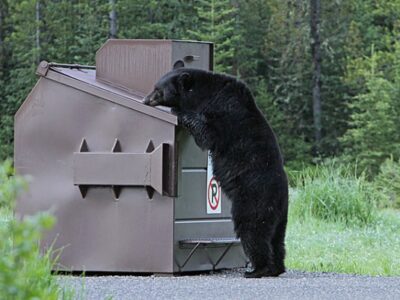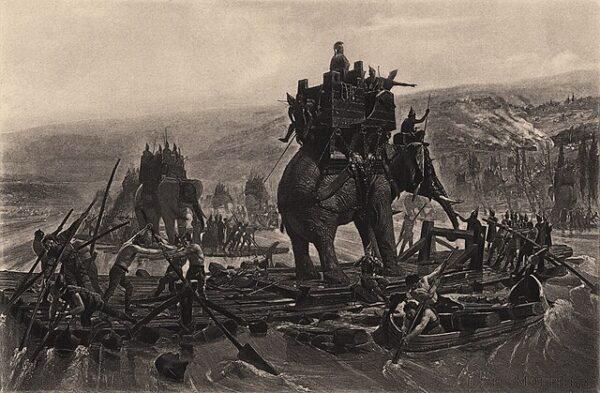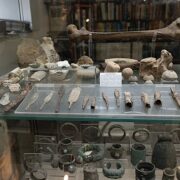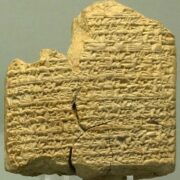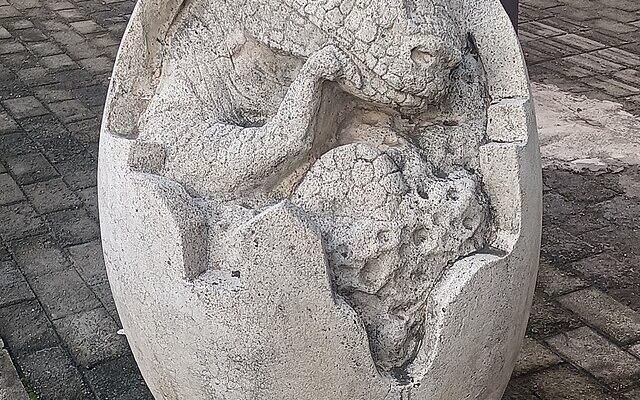
In a stunning breakthrough for paleontology, researchers in Argentina have unearthed a remarkably well-preserved dinosaur egg estimated to be 70 million years old—an unprecedented find that could offer new insight into ancient life on Earth.
The discovery took place in the fossil-rich province of Río Negro, where a team from the Laboratory of Comparative Anatomy and Vertebrate Evolution (LACEV) stumbled upon the relic during a routine excavation. Led by noted anatomist Federico Agnolín, the group was astonished by the egg’s near-perfect condition, which appeared almost untouched by time.
View this post on Instagram
“It was a complete and utter surprise,” said Gonzalo Leonel Muñoz, a vertebrate paleontologist at the Bernardo Rivadavia Argentine Museum of Natural Sciences, in an interview, explained The New York Post. “It’s not uncommon to find dinosaur fossils, but the issue with eggs is that they are much less common.”
Images released by LACEV show Agnolín examining the egg, which bears a striking resemblance to a modern hard-boiled one. The lab’s Instagram post declared, “This is quite possibly the FIRST finding of this guy in South America,” adding that “this fossil is over 70,000,000 years old, and HE WASN’T ALONE, WE FOUND A NEST.”
View this post on Instagram
Roughly the size of an ostrich egg, the specimen is believed to belong to the Bonapartenykus—a small, meat-eating theropod that roamed the region during the late Cretaceous period. Finds of this kind are exceedingly rare, especially among carnivorous species.
“It’s unusual to find the egg of a possible carnivorous dinosaur, much less in this state,” Muñoz explained. He noted that eggs from long-necked sauropods are more commonly discovered and are typically “large, spherical, and robust,” while those from meat-eaters are far more fragile.
“Their eggs are more avian-like, since the carnivorous dinosaur lineage is the one that will give rise to birds,” Muñoz said. “Therefore, they’re going to be more delicate eggs, with much thinner shells, more prone to destruction.”
The egg and related fossils are being transferred to the Argentine Museum of Natural Sciences, where scientists will employ advanced imaging techniques to determine whether an embryo lies within—a finding that could confirm its species.
“If it’s a carnivorous dinosaur, it would teach us, for example, how dinosaur eggs evolved into birds,” Muñoz said. “It could show us what their chicks were like, what state they were in at birth, whether they’re fully developed or not… Any information it provides will be novel and incredibly interesting.”
While the discovery evokes comparisons to Jurassic Park, scientists have dismissed any suggestion of reviving prehistoric DNA. For now, their focus remains on decoding what this rare fossil reveals about the evolution and nesting behavior of dinosaurs in South America’s ancient landscapes.



